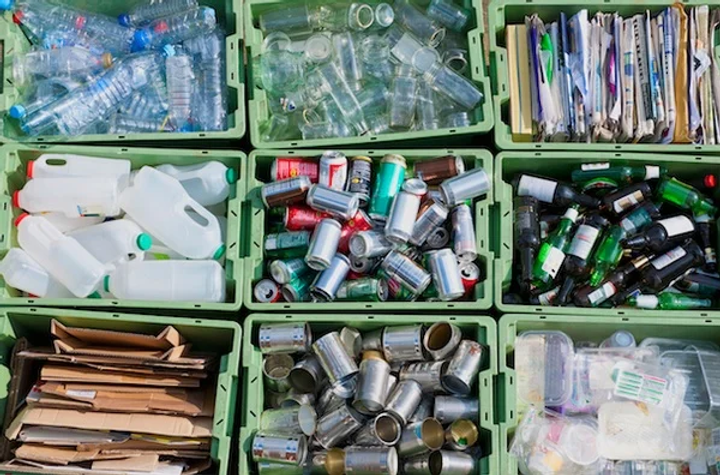By: Edward Zeng
Worldwide problems are never as simple as people make them out to be. Overpopulation? Just go to Mars. Climate change? Ban fossil fuels. Waste in the ocean? Only use recyclable materials. Each of these solutions has obvious problems, but they are still being put into place.
All over the world, governments are banning plastic straws and single-use bags. The Great Pacific Garbage Patch, an Alaska-sized patch of garbage in the Pacific, is still there, littered with different types of trash.
Plastic is cheap, light, and easy to use. It prevents oxidization and can sometimes be recycled. Most of the time, however, it ends up on the ground or in the ocean. To solve this, some fast-food chains have replaced plastic straws, which are usually not very recyclable, to paper straws, according to BBC. Paper is biodegradable, recyclable, and still easy to manufacture. It is not without any problems, though.
Paper straws in drinks tend to break apart when you use them. Paper is also less efficient. According to the BBC, “food can be damaged more easily in cardboard causing more food waste in transport. ”The production of paper releases carbon, too. When trees are cut down, the carbon dioxide is released. Paper processing factories sometimes use fossil fuels. Many other materials also have disadvantages.
The problem with plastic is that it is so abundant, we do not even think twice before disposing of it. We need to find a better way to reuse and recycle plastics, while still keeping it useful. The new plastics have to be good money-makers, too, because plastic-producing companies think about cost first, sustainability second.











